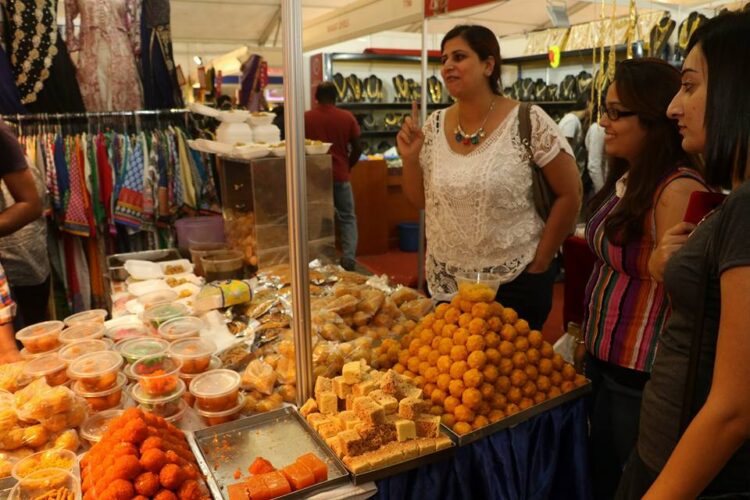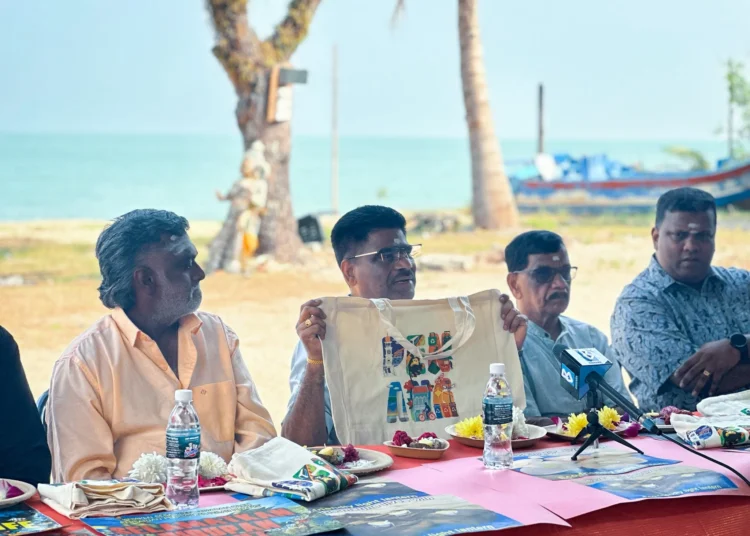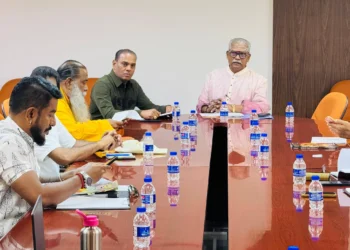Deepavali, also known as Diwali, is a significant festival celebrated by millions of Indians across the world. Deepavali, often referred to as the “Festival of Lights,” symbolizes the triumph of illumination over obscurity and the forces of good prevailing over evil. Families come together to illuminate their homes with lamps and candles and indulge in delicious sweets. Its is a time for spiritual reflection and joyous festivities, making it one of the most cherished and vibrant festivals in the Indian calendar.
In recent years, the role of Malaysian Indian households has evolved significantly, with a growing number of individuals actively participating in the workforce. This shift has led to a decline in the number of housewives in these households.
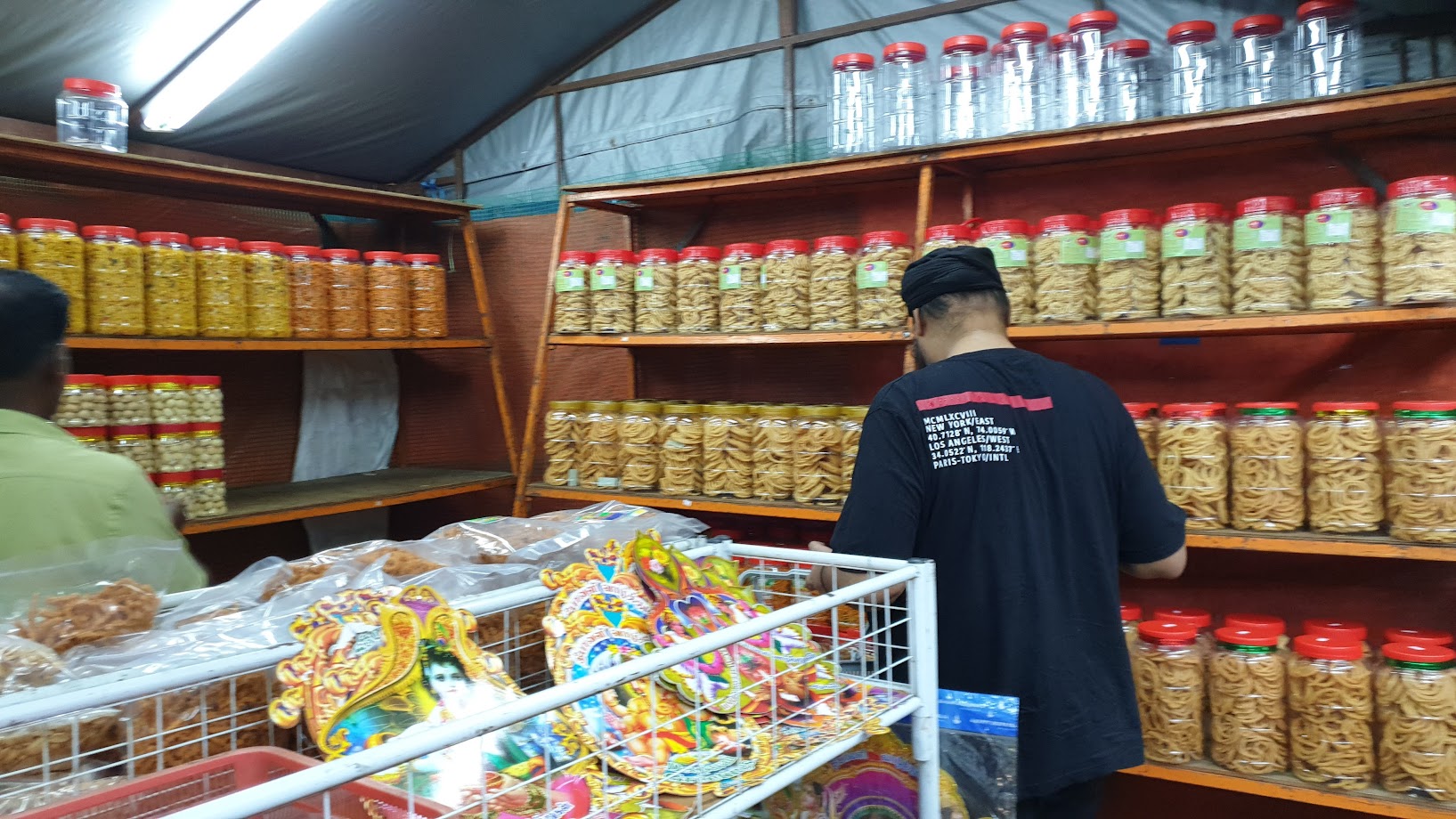
Traditionally, the preparation of Deepavali cookies was a cherished family tradition, but as more families juggle the demands of their careers, there is limited time available for such intricate home cooking.
In the past, the preparation of traditional Indian sweets like muruku, achu muruku, ghee balls, and athirasam was a family affair, fostering unity and tradition. These culinary gatherings brought loved ones together, each contributing their unique touch to these festive delights, creating cherished memories.
Meanwhile, other favorites like Pineapple tart, Almond London, Semperit, and Sughee Biscuit were typically prepared by the mother or siblings, bonding them through the process. This tradition celebrated family, love, and cultural heritage, emphasizing the power of togetherness in preserving customs.
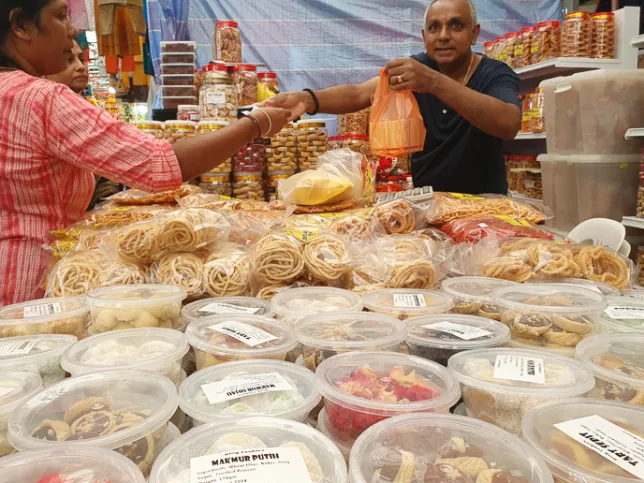
Consequently in the present times due to busy life and heavy work load, many Malaysian Indians have turned to the convenience of purchasing Deepavali cookies from local shops and bakeries. While this change signifies a departure from traditional practices, it also reflects the challenges of modern life.
As a result of these evolving dynamics in Malaysian Indian households, the significance of Deepavali celebrations has expanded beyond just the culinary traditions. Today, we observe a notable increase in the presence of shops offering a wide array of sweets and cookies, which are considered as equal as the sales of traditional attires, decorations, and other essential items for the festival. This shift reflects the changing lifestyle and priorities of the community.
Moreover, the advent of e-commerce has further transformed the way people access these festive treats. With the convenience of online shopping, individuals can have the Deepavali cookies delivered directly to their doorsteps, eliminating the need for extensive preparation. This not only simplifies the process but also allows for a diverse selection of delectable treats.
Exploring the bazaars that grace our local neighborhoods during the Deepavali season reveals a vibrant tapestry of Indian sweets and cookie shops. These establishments offer a tempting array of delectable treats, showcasing the rich culinary diversity of the festival. Additionally, the online realm, particularly Facebook groups, has witnessed a surge in Deepavali orders.
This trend clearly underscores the growing preference for convenience and variety in the modern world. Many people are opting to purchase these treats from stores and online platforms, saving time and effort during the festive season.
However, while these commercial options are enticing, it’s essential to not forget our age-old traditions and cherished recipes for homemade cookies. These practices not only connect us with our cultural heritage but also carry the love and warmth of tradition that is irreplaceable. Balancing the ease of commercial offerings with the authenticity of homemade preparations ensures that the essence of Deepavali is beautifully preserved for generations to come.
Source: Bernama
Follow us on Instagram, Facebook or Telegram for more updates and breaking news.


